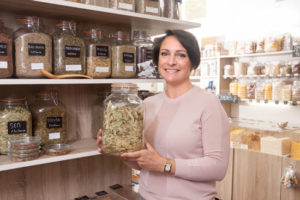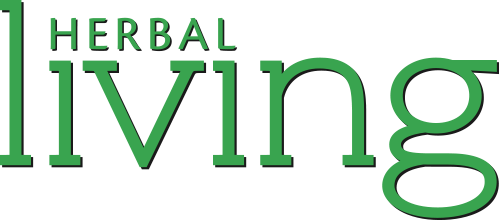Early last winter we had the good fortune to have our mentors and friends Matthias and Andrea Reisen of Healing Spirits Herb Farm and Education Center come to our home and farm for a visit. Matthias and Andrea were pioneers of medicinal herb farming back in the 1980s when very few people in the United States were doing it. They began as dairy farmers, but when their dairy farm became hard to manage fiscally, they looked to the plants and began growing medicinals. Using their wealth of knowledge in agriculture and their indomitable spirits and work ethic, they began to explore how to grow and dry herbs on a small organic medicinal herb farm. And that’s exactly what they have been successfully doing ever since—for the last thirty-plus years! So when we began our farm in 1999 we turned to them for help and guidance. We will always be thankful that at that crucial time they lent us a hand, opened their hearts to us, and saw us as collaborators and colleagues, not as competition. Our relationship has deepened over the last twenty years, and to call them family is not an overstatement.

Last winter, while Matt and Andrea were with us, sipping tea and watching the snow fall, we began to reflect on our experiences as medicinal herb farmers and the state of things in the industry. Through our conversation, it became clear that we were all noticing a continuing trend of large volumes of medicinal herbs being imported from overseas. We lamented how difficult it is to get bulk herb buyers to buy herbs from small farmers. We talked about the obstacles facing small farmers trying to enter this arena and wondered how these issues could be overcome. Matthias shared his idea of creating a website called HerbsUSA that would be a clearinghouse where domestic farmers could market their herbs directly to the consumer. Jeff and I talked about the desire to start a growers’ cooperative in our region, to band small farmers together to share resources and collaborate to meet wholesalers’ needs for high-quality herbs. We also thought about approaching big herb distributors and asking them to include domestically grown herb lines in their online shopping carts, which would feature and support small, local farms.
Lots of ideas were kicked around and many seeds planted, but what is important to note is this essential need for collaboration and not solely competition. There is a market out there for high-quality, organically grown herbs. Herbalists and clients alike are becoming more committed than ever to support this. However, if we all compete forshelf space in the one local health food store in our town or all go to the one or two tincture makers in our region and try to sell them the same herbs, we may all suffer. Instead, small herb farmers need to band together and look at these other, larger markets and find ways to tap into them. Now is the time to come together to form cooperatives, encourage and support new farmers to enter the fold, and command this market, not only for the amazing medicines that it will create but also to help preserve the small, sustainable American farm and caretake the land. There are rich opportunities and also difficulties to deal with, but it is worth the effort.
This excerpt is adapted from Jeff and Melanie Carpenter’s book The Organic Medicinal Herb Farmer: The Ultimate Guide to Producing High-Quality Herbs on a Market Scale (Chelsea Green 2015) and is printed with permission from the publisher.










